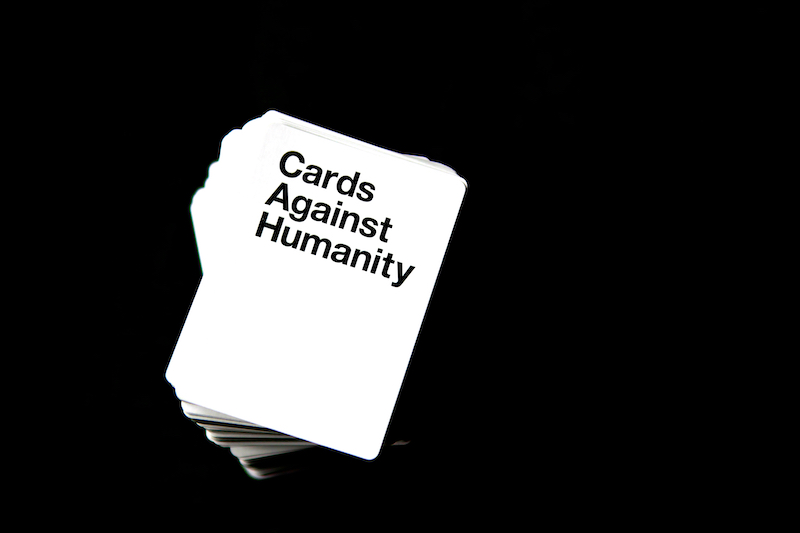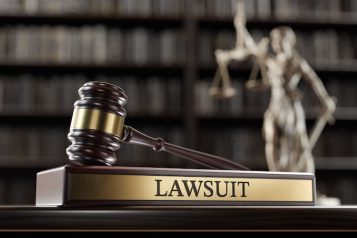
According to the lawsuit, contractors have removed vegetation and laid gravel on the property to facilitate parking and operations for SpaceX vehicles. Cards Against Humanity purchased the land near Brownsville, Texas, using over $2 million raised through donations to counteract former President Donald Trump’s border wall initiative.
In a social media post on Friday, the company expressed frustration, stating that Musk “sneaked up on us from behind and completely (expletive) that land with gravel, tractors, and space garbage.” SpaceX has not yet responded to requests for comment.
The property was acquired with the support of over 150,000 donors, each contributing $15 during a six-day crowdfunding campaign called “Cards Against Humanity Saves America,” aimed at making Trump’s border wall efforts “as time-consuming and expensive as possible.”
In the legal filing, Cards Against Humanity asserts that “SpaceX has treated the property as its own for at least six months without regard for CAH’s property rights nor the safety of anyone entering what has become a worksite that is presumably governed by OSHA (Occupational Safety and Health Administration) safety requirements.”
Should the lawsuit result in a favorable outcome, the company has pledged to share the net proceeds with the 150,000 contributors who funded the land purchase. “While this isn’t enough to compensate our subscribers for the anguish they’ve suffered witnessing Elon Musk defile their once-verdant land—where wild horses galloped freely in the Texas moonlight—we think it’s a pretty good start,” the company stated.
For further details about the lawsuit, Cards Against Humanity has launched a website, ElonOwesYou100Dollars.com, which includes images comparing the land’s condition in 2017 to its current state in 2024.


















